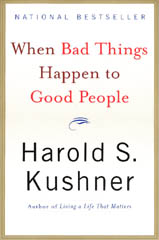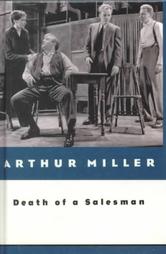|
For What Conditions should Bibliotherapy be used ?
Bibliotherapy encourages change within thie individual. In spite of this fact, its use is not restricted to times when a crisis is present. However, it is not a cure-all for deep-rooted psychological problems either. These deep-seated issues are best worked through more intensive therapeutic interventions. Other individuals may not be able to view themselves in a literary mirror, and may use literature for just escape purposes. Moreover, other people may tend to rationalize their problems away rather than facing them. Some other people may also not be able to transfer insights into real life. These facts should be taken into consideration before deciding upon the use of bibliotherapy. For more information, visit http://maxweber.hunter.cuny.edu
As suggested before, bibliotherapy can be used for individuals who have significant learning and behavioral problems to enhance self-understanding. Thus, bibliotherapy can be used to help an individual improve one's reading skills. Moreover, bibliotherapy can be applied to exceptional individuals. Special educators may help these people better understand themselves, and their feelings to meet their social and emotional needs. As an example, children with learning disabilities can be applied bibliotherapy. Thus, they would improve their coping strategies which may prepare them better for the next years. For more information, visit http://www.citadel.edu
Bibliotherapy can be used for other various purposes. One
Furthermore, to help an elderly individual call one's "fighting spirit" while recovering surgery, the possible literature may be Dylan Thomas' poem that is called Do not Go into That Good Night (http://www.poets.org/poems/poems.cfm?prmID=1159). The other material that is useful for applying bibliotherapy is the film called Pretty Woman. This film may be useful to
Moreover, short stories and drama sessions may be helpful for the topics such as adolescence, alcoholism, anger management, compassion, family, fear, self-identity, life and death, justice, loneliness, love, marriage, parent-child interactions, self-image, sexuality, and etc.
|

 topic may be severe loss and grief. The recommended literature for this kind of a problem is Harold S. Kushner's When Bad Things Happen to Good People (1981).
topic may be severe loss and grief. The recommended literature for this kind of a problem is Harold S. Kushner's When Bad Things Happen to Good People (1981).  show that how a history can be obtained in a relatively short meeting. Also, to be able to understand an elderly individual's frustration with life as one nears retirement,
show that how a history can be obtained in a relatively short meeting. Also, to be able to understand an elderly individual's frustration with life as one nears retirement, 